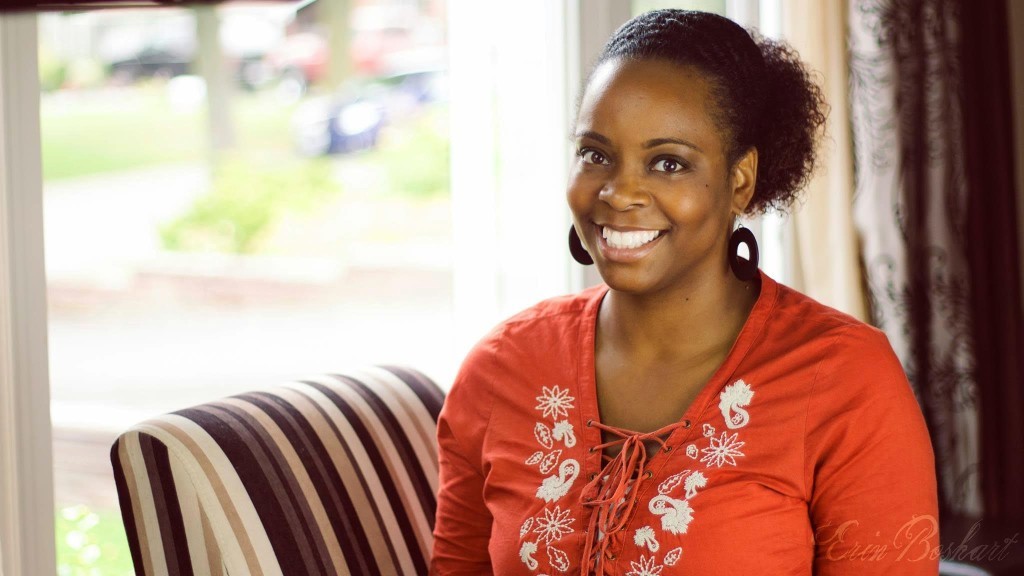
Black History Month and Racism in Canada
In Canada, February is Black History Month, an event that has existed since 1995 to celebrate the achievements and contributions of Canadians with African or Caribbean heritage.
At DMC, we thought it would be good to interview someone with Caribbean heritage. So, we approached Bernadette Arthur, Race Relations Coordinator for the Office of Race Relations in Canada.
Racism, and how we respond to the diversity of races and cultures in our churches and society, is a piece of the ever-elusive notion of Biblical justice.
Where are your parents from?
Both of my parents are from Trinidad and immigrated here in their youth. I was born in Canada. Even though I was born here, I’m very much connected to my Trinidadian cultural heritage.
What’s unique about Trinidadian culture?
The things that distinguish Trinidadian culture are music—soca and calypso music—these genres are part of our cultural narrative and are used to tell stories. As with most cultures, food and community play a large role. We are a people who enjoy life and are known for having one of the biggest carnivals in the world.
What about your educational background?
My educational background is in human behaviour—child and youth studies as well as psychology—although a lot of my learning has been self-directed. I’ve always been aware of the skin colour that I live in, but I began a personal journey of awareness when, in my mid-twenties, I was on an evaluation team for a pilot program that addressed the challenges that Afro-Caribbean Canadian youth experienced in the criminal justice system. I started to read anthologies and books on the history of slavery, and through this, I became more aware of the discrimination and racism faced by black people in North America. As time progressed, I entered into the Christian Community Development realm, and this allowed me to really see the links between racism and poverty. Through my affiliation with Communities First Association, I was able to sit at racial reconciliation tables and attend professional development trainings and workshops on racial equity. These invaluable experiences occurred on American soil and prompted me to find the answer to the question: “what does racism look like in Canada?”
In Canada, February is Black History Month—what are your thoughts on it? What are the strengths of celebrating a month this way? Are there weaknesses?
Black History Month is a two-sided coin. On one side, it raises awareness of the contributions and achievements that Canadians of African descent have made, while on the other side, its presence demonstrates that the Black Canadian narrative is still on the fringes of Canadian history. It is a reality that has not yet been woven into the predominant narrative. To tell the whole story is to share the Black, Asian, Aboriginal (among other) experiences equally with the White experience, and understand how these have all shaped Canada today.
People often talk about how racism no longer exists in Canada, and that we’ve moved past it. What are your thoughts? Does racism still exist?
When we speak of racism, we are speaking about more than just prejudices and stereotypes. We are speaking about oppression and inequality, of entire groups of people who are unable to access the same resources and opportunities as those in the dominant culture. Racism is systemic. In Canada, racism is subtle and covert but still very much alive.
“As Christians, we are called to celebrate the diversity that God has given his image-bearers.” This is an agreeable sentiment—and statements like it are often heard in the church—but it lacks practicality. What are some practical ways that deacons can encourage their congregations to actively seek racial reconciliation?
If we actually lean into the idea of being image-bearers, then we have to learn how to celebrate His image, and that means how His image is fully expressed in ALL of us. How do we do this? We expose ourselves to the cultural narratives of others for the purpose of understanding and appreciating how these cultures further inform the richness and complexity of God. This can be done through listening to stories, watching films, reading books, using new musical instruments, learning how others worship, eating new and different foods—and doing all of these things with an eye on our discomfort. This means asking ourselves, “Why do these new things make me inherently uncomfortable? Are there ways where my personal preferences and biases are prohibiting my understanding of what it means to be created in God’s image?”
What about the CRC’s Office of Race Relations—where do they come into play? What do they do?
The Office of Race Relations exists to facilitate and encourage conversations regarding inclusion, diversity, and racial reconciliation. I want to stress that facilitating these conversations is much less about checking something a training off of the list and much more about continuing in the daily, monthly, and yearly journey of reconciliation.
Many of the activities that Race Relations facilitates are contextualized and malleable depending on the situation. Some of the new resources we’re offering are Community Learning Conversations, which create safe spaces for open dialogue, and Racial Reconciliation Journeys, which are trips to historical and contemporary sites related to racial reconciliation.
For more information on how your church can be involved contact DMC’s Justice Mobilizer, Dan Galenkamp, at dgalenkamp@crcna.org, or Bernadette Arthur, Race Relations Coordinator in Canada, at barthur@crcna.org.



